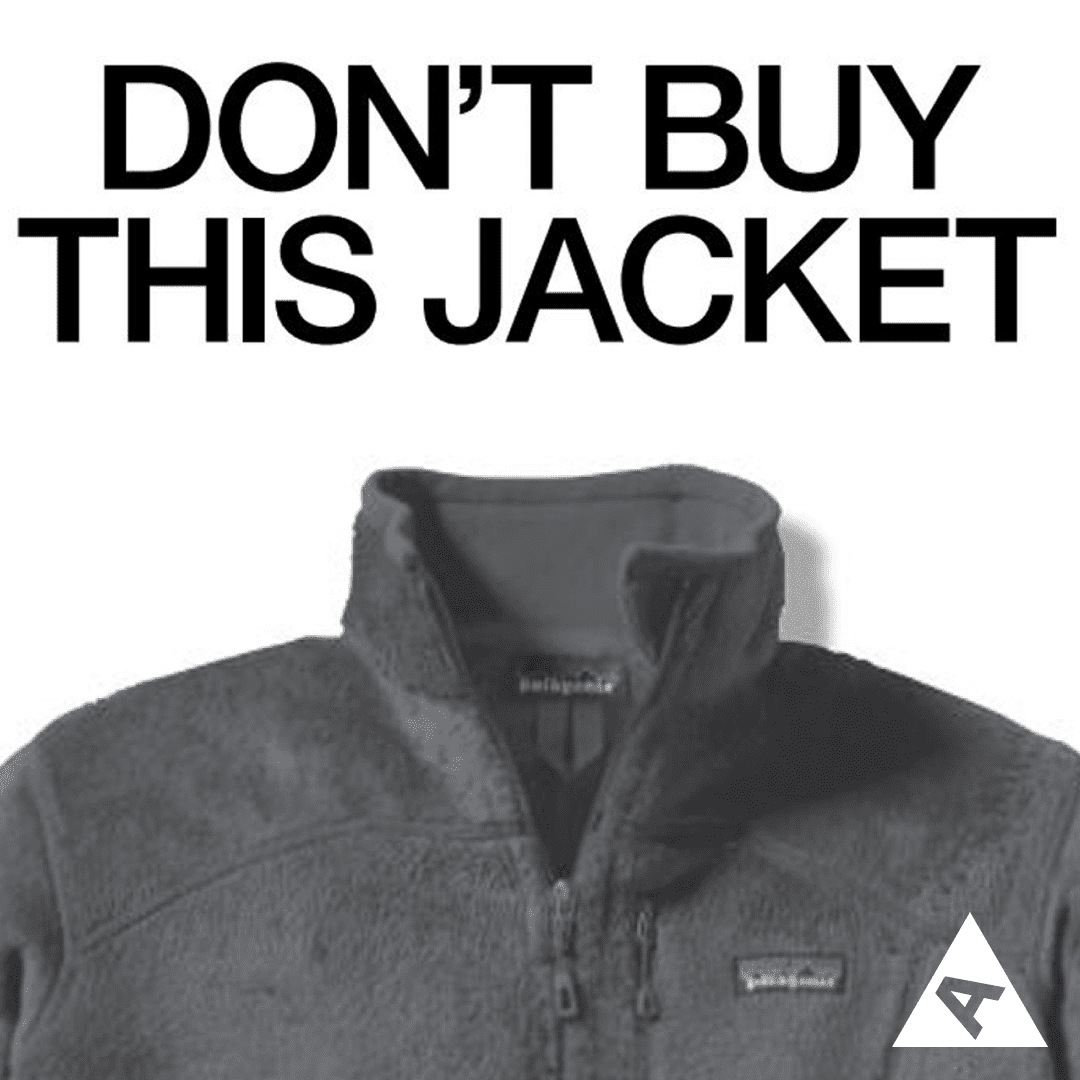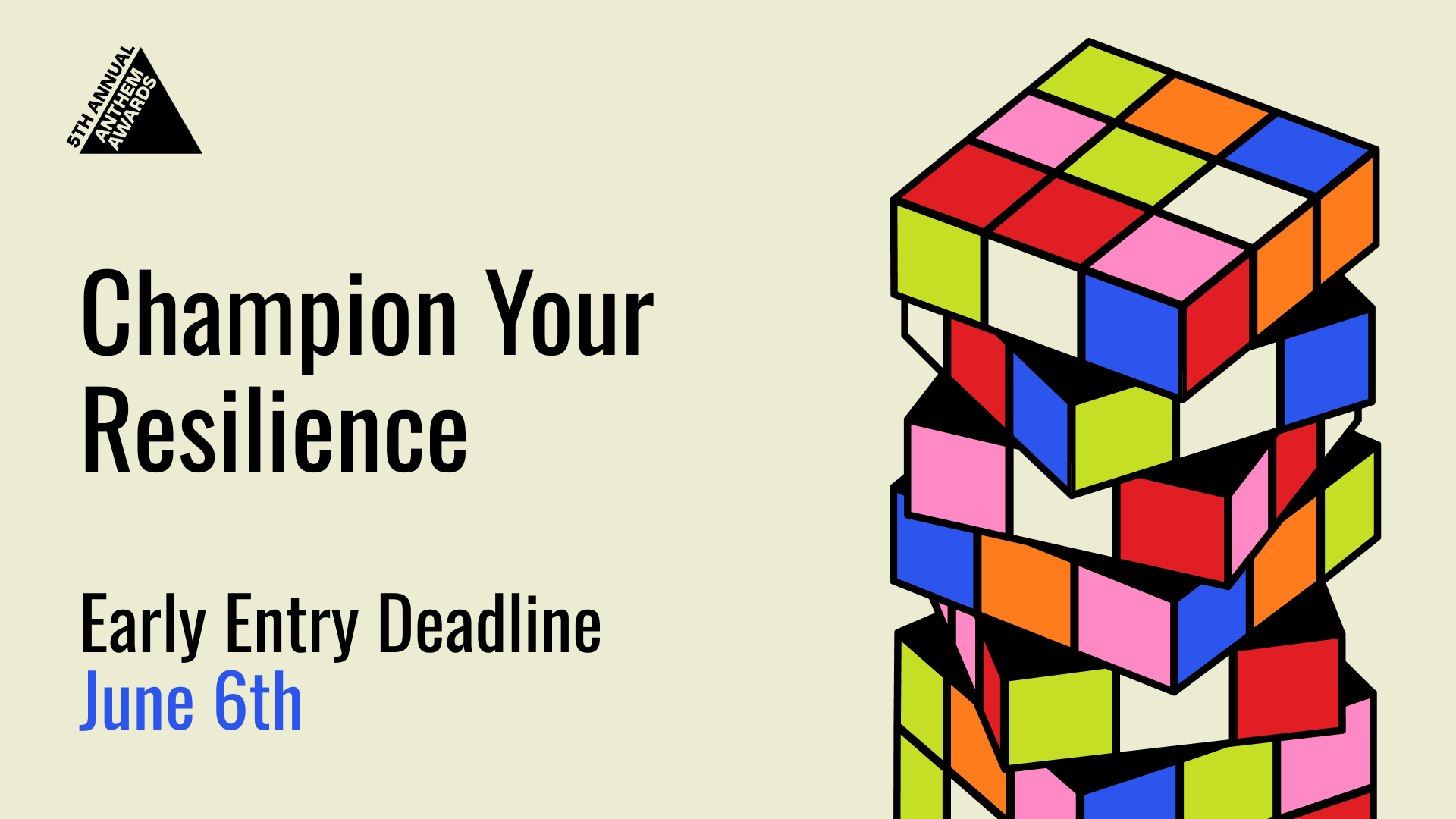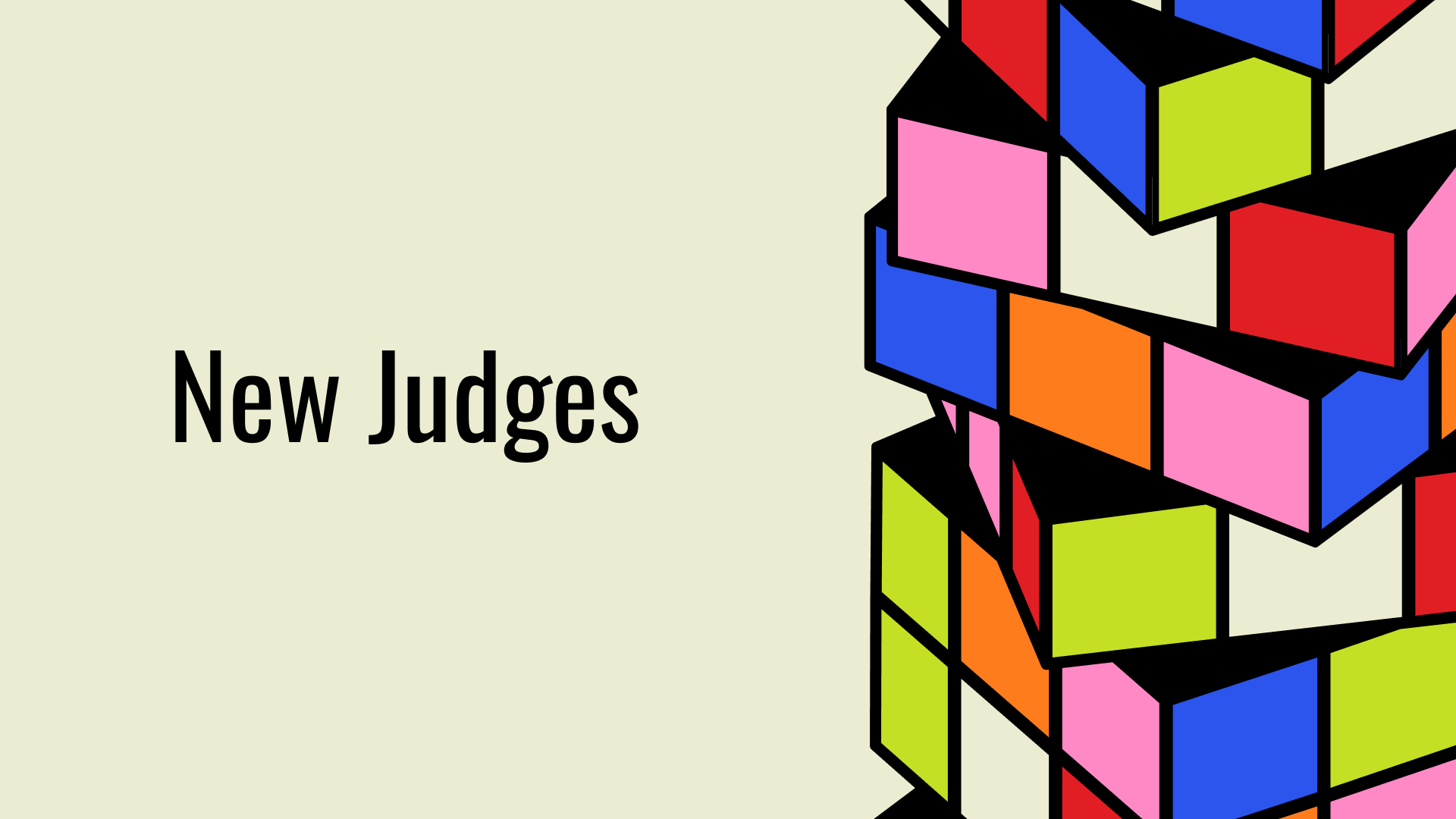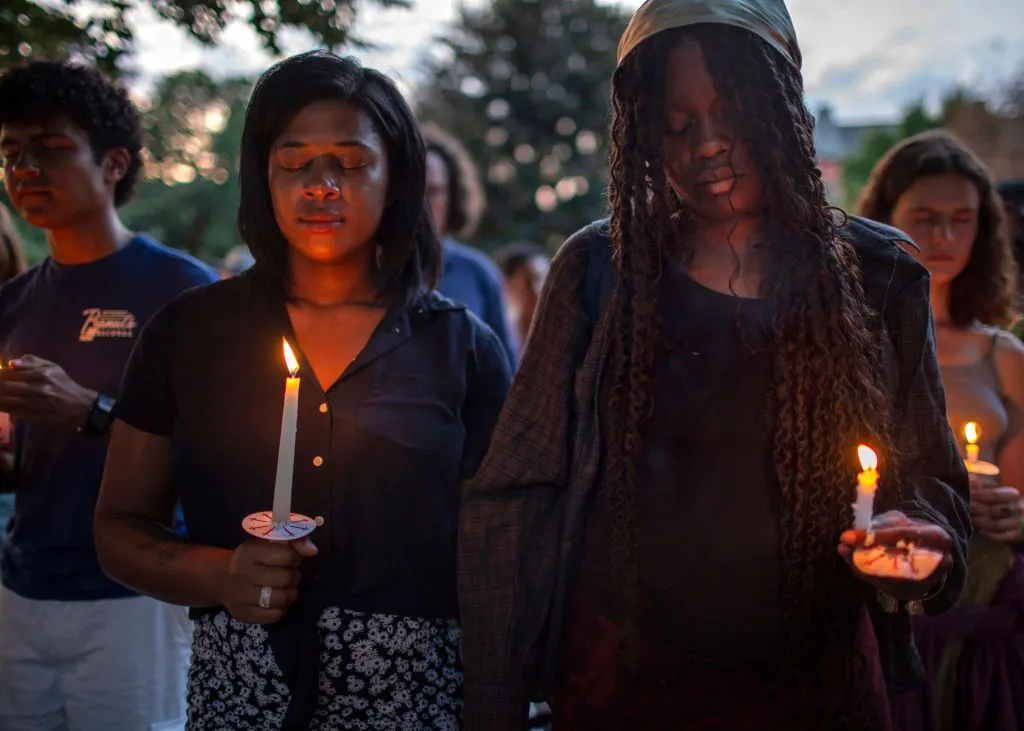How the NRDC Climate Storytelling Fellowship is Making Space for Climate Change in Hollywood
Get a closer look into NRDC’s screenwriting fellowship mentoring emerging storytellers in Hollywood to weave climate themes in their work to mobilize audiences worldwide.
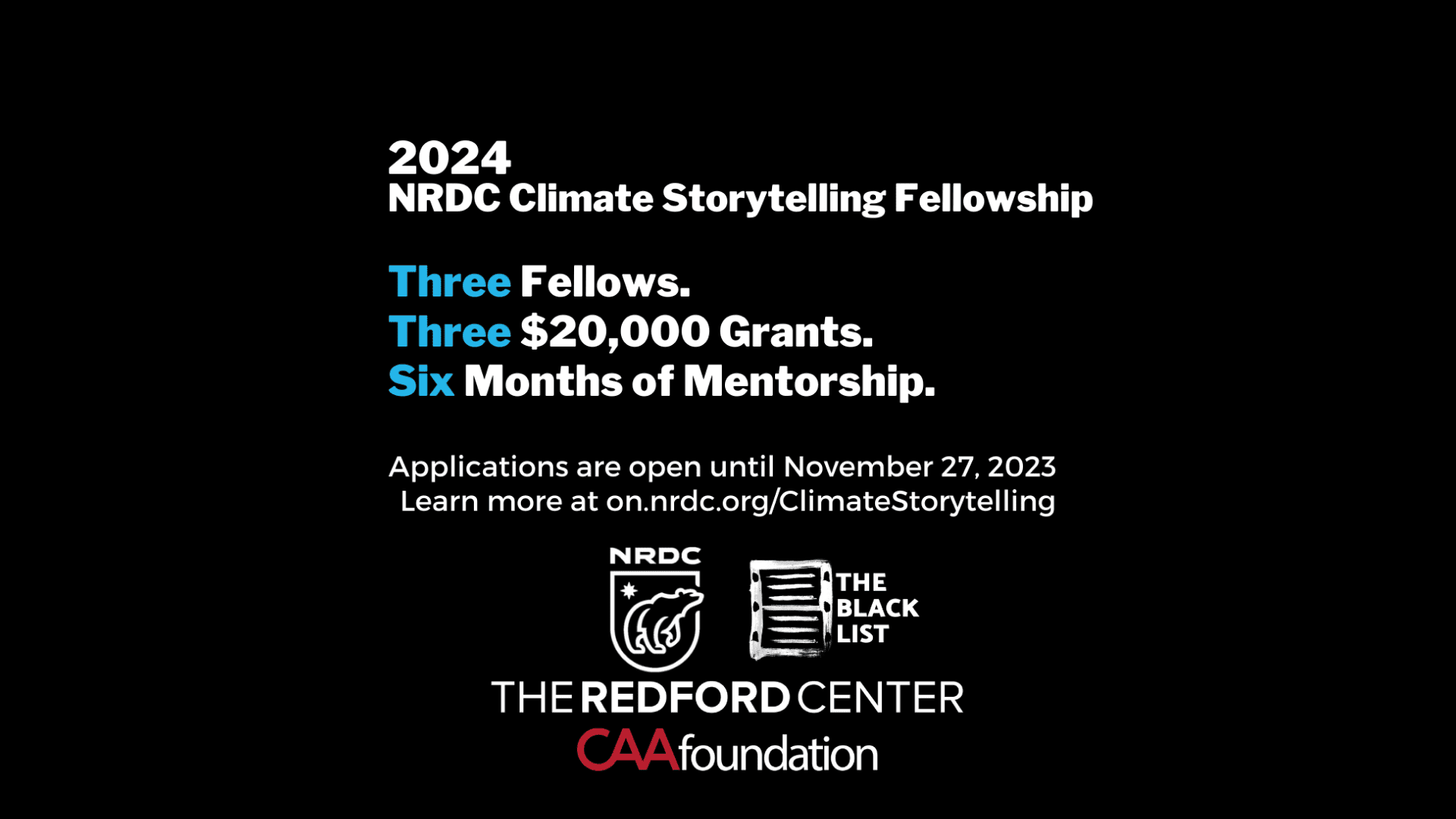
As we continue to live through pivotal climate events, it’s grown much more urgent that we craft creative solutions for addressing climate change. Mainstream media usually frames climate stories with a dystopic lens, fostering the misconception that it’s too late to do something.
To expand our collective understanding of climate change, one of our Foundational Partners, NRDC (Natural Resources Defense Council), launched the Rewrite the Future initiative. The program aims to drive action from audiences worldwide by supporting creatives in Hollywood to address climate change in narratives. As part of the initiative, they launched their NRDC Climate Storytelling Fellowship to support emerging screenwriters and storytellers to expand climate portrayals past the apocalyptic tone we typically see.
We spoke with Katy Jacobs, NRDC’s Director of Entertainment Partnerships and Fellowship Founder, to find out more about the program and learn about Rewrite the Future’s work to encourage writers to position climate change with all its nuances. Read on to learn more about the program and find out how to apply to be a part of this remarkable program.
Please tell us about the Rewrite the Future initiative. What drove NRDC to launch this campaign?
NRDC’s Rewrite the Future initiative aims to enlist the power of storytelling to help turn the climate crisis around. By leveraging NRDC’s environmental expertise, the initiative helps film and TV creators tell entertaining stories about our climate-altered world and the path toward a better future.
From NRDC’s start in the 1970s, we have partnered with the entertainment community to help elevate issues and engage broad audiences in environmental action. We have understood that to reach our ambitious goals, we needed to expand on NRDC’s bread and butter advocacy tools—science, law, and policy—to think about how to help shift our cultural narrative around the climate crisis.
NRDC recognized the immense power of good stories to accelerate social movements and wondered why Hollywood had not yet tackled environmental justice. NRDC launched Rewrite the Future at the 2020 Sundance Film Festival to support industry creatives in addressing the challenge of reflecting the climate crisis onscreen. We sought to collaborate with the industry to help create a new cultural narrative on climate that will help us face reality, confront our fear and grief, imagine possible futures, and inspire us to action.
Today, Rewrite the Future aims to encourage more climate content by programming industry events and workshops, providing climate and environmental consultation on TV shows and films, educating creative professionals through workshops and presentations, and supporting new voices through the NRDC Climate Storytelling Fellowship, now in its third year.
As part of the Rewrite the Future Initiative, NRDC collaborated with the Black List, the Redford Center, and the CAA Foundation to introduce the annual NRDC Climate Storytelling Fellowship. Please tell us more about the Fellowship and its role in the initiative.
Rewrite the Future works across the industry, and many initiatives are focused on collaborating with established creators and institutions to educate, inspire and advise on climate content. The NRDC Climate Storytelling Fellowship supports emerging writers interested in exploring climate themes in their work.
Our goal with the Fellowship is to connect with writers early in their careers to inspire them to become climate storytellers. We aim to provide mentorship, education and resources to encourage them to think expansively and creatively about climate themes in their work throughout their careers.
More than 500 scripts were submitted over the first two cycles, and we’re thrilled to see more scripts this cycle, which closes on November 27th. The Fellowship grants $20,000 each to three writers to support the revision of a feature screenplay or pilot that engages with climate change compellingly through events, actions, characters, emotions, plot, and setting.
In addition to the honorarium, each fellow receives creative support on their script from Rewrite the Future on effective integration of climate themes, NRDC’s climate experts on the specific environmental issues raised in each Fellow’s script, and established screenwriting professionals for creative feedback and guidance.
We have been lucky to work with incredible mentors over our past two cycles including Pamela Adlon (Better Things), Dorothy Fortenberry (Extrapolations; The Handmaid’s Tale) and Roxane Gay (Black Panther: World of Wakanda; Bad Feminist), Sarah Treem (The Affair, House Of Cards, In Treatment), Scott Z. Burns (An Inconvenient Truth, Contagion, Extrapolations), and Naren Shankar (The Expanse). The mentors for our 2024 cycle will be announced in the spring.
What are the central tenets of the Fellowship? How do you equip writers with tools to tell new and innovative climate stories?
First and foremost, we are looking for good stories. We look for well-told stories that entertain viewers and allow them to engage with the emotions caused by the climate crisis. If a story works artistically, it’s a great way to approach climate, and we hope submitted scripts continue to reflect a diversity of characters, settings, and tones.
As we evaluate scripts, we are reviewing for entertainment value, quality of writing, and the likelihood that the script could encourage audiences to consider climate impacts and solutions in a new way. The climate crisis impacts each of us, and our goal for the Fellowship is to encourage and support a diverse set of storytellers to share their creative perspectives. The Fellowship is designed as a revision program so we can support writers as they develop the climate themes in their stories.
We collaborate with our partners to produce programming throughout the cycle to help educate and inspire writers. These programs focus on the many ways to reflect climate in a script authentically. We encourage writers to think about the story they want to tell and then consider how climate might impact the characters (through their jobs or emotions), the setting, or the actions that drive the story forward. Personalizing climate issues through character can help audiences understand the impact on individuals and combat the tendency to think of the climate crisis as an abstract, global issue.
“We sought to collaborate with the industry to help create a new cultural narrative on climate that will help us face reality, confront our fear and grief, imagine possible futures, and inspire us to action.”
Climate stories must go beyond doomsday scenarios and highlight its everyday impact. What are some ways the Fellowship inspires writers to frame climate change uniquely and with all its nuances?
There have been few climate stories in mainstream entertainment, especially considering the scale of the crisis. Many depict extreme weather disasters, societal breakdown, and apocalypse. That dark and narrow vision is understandable, but if all the climate stories we see show characters stuck in dystopian futures, it reinforces the view that there’s no way out. It also overlooks the enormous potential for original content that illuminates the more complex and nuanced human reality of the climate crisis, including stories about people fighting for a healthier, more equitable, and sustainable future.
The Fellowship encourages writers to think expansively about what makes a ‘climate story.’ We believe people seek entertainment to find joy while exploring and processing their hopes, dreams, and fears. We want to support stories with climate themes that entertain viewers and allow them to engage with a range of emotions.
With that in mind, we need to see climate themes reflected in all types of stories—the inspirational and the bleak, comedy, horror, drama, and fantasy. The story options are limitless because climate can touch every aspect of life, from food, health, and relationships to justice, jobs, and national security. Climate stories acknowledge that we already live in a climate-altered world and are grappling with the impacts on our homes, health, communities, and jobs.
We would love to see stories that highlight communities most impacted by the climate crisis or stories that feature characters working toward solutions. We are excited to see scripts with new perspective on the human relationship with the planet that highlights human agency to make change, engender hope, and illustrate solutions.
As the pace of climate events continues to increase, there have been rising concerns about eco-anxiety, especially among young people. What are some key ways film and television can portray climate change to encourage a more empowered perspective?
Writers have an incredible opportunity to show characters grappling with the emotions that our climate reality can evoke. Stories that address human agency and show characters taking action can help audiences overcome the fear and helplessness the climate crisis can engender. Characters dealing with the climate emotions so many of us feel but don’t see often reflected on screen, like fear, grief, shame, and anxiety, can help people feel seen, process their feelings about the crisis, and move toward action.
What are some unique ways writers can position climate change in their stories to inspire audiences and drive action? What new points of view are needed?
Every person has a unique experience with our climate-altered world, and we need to see as many different perspectives as possible on screen. More stories with climate themes, told by a broad diversity of storytellers, will reach and resonate with different audiences and support a shift in the cultural narrative around climate. The mainstream depictions of climate change generally focus on dystopia and doomsday scenarios, yet there is enormous creative opportunity to explore new angles. Specifically, stories that show communities enacting climate solutions and stories that depict positive futures can help inspire audiences to take action.
It is the power and privilege of writers to show us how climate change is transforming our world and to help us find a path to salvation. The Fellowship is here to support them.
How can filmmakers and storytellers join NRDC’s charge to increase representation of climate change in the media? How can creatives looking to contribute to the climate justice movement begin to tell climate stories?
-
- Submit a script to the Fellowship at on.nrdc.org/ClimateStorytelling
- Learn more about Rewrite the Future! Watch our 2021, 2022, and 2023 Sundance panels, find our one pager with climate storytelling tips and resources, and more at: nrdc.org/RewriteTheFuture
- Join the RTF mailing list: email rewritethefuture@nrdc.org
- As you write or refine projects, consider the opportunity for impact. Examine how climate touches the story. How might our climate-altered reality impact this character? Are there opportunities to remove single-use plastics from screens? Is there a character whose job or hobbies are conducive to climate actions? Extreme weather? The opportunities are as boundless as your creativity.
We’re thrilled to amplify the work of the NRDC at such a pivotal time. If you’re interested in applying to the NRDC Climate Storytelling Fellowship—and learning about key ways you can integrate climate advocacy into your work—submit your application by the deadline on November 27th at https://on.nrdc.org/ClimateStorytelling!
The application cycle will reopen in April 2024. Reach out to rewritethefuture@nrdc.org with any questions.


